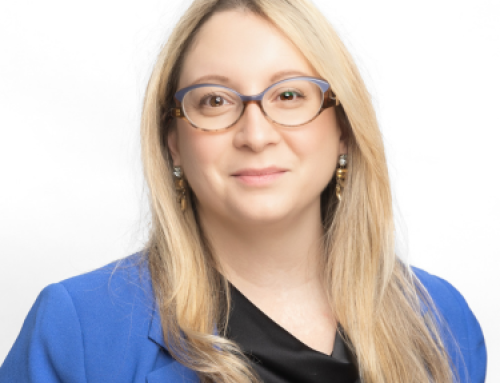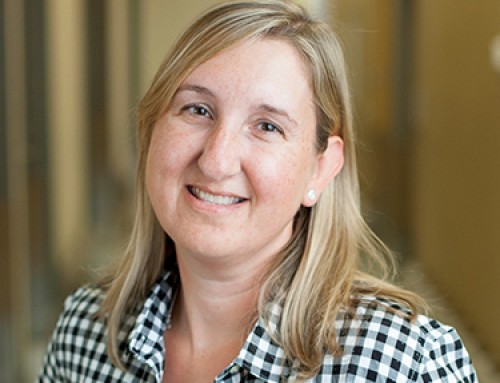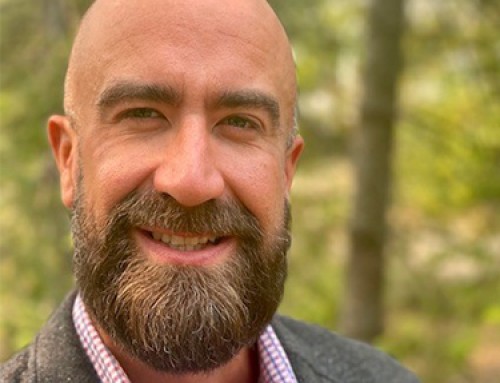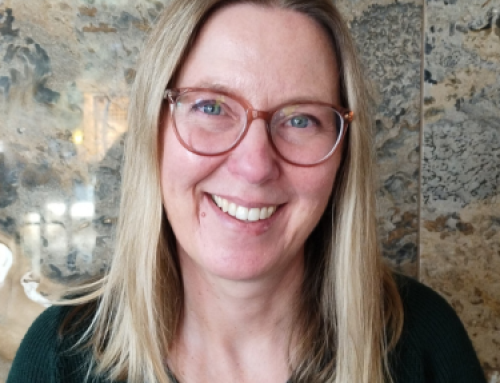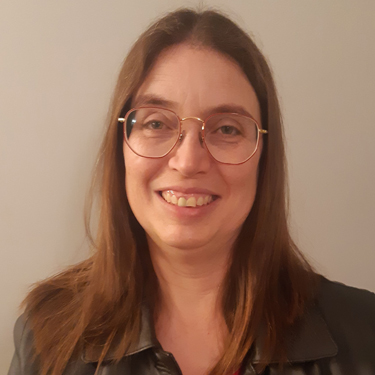
Amanda Doherty-Kirby, PhD, Biochemistry, University of Waterloo
parent partner/lived experience trainee
Amanda Doherty-Kirby is a parent of six school and university-aged children with various diagnoses including three with neurodevelopmental disabilities (NDDs) and has spent many years navigating the medical and educational systems to support her family.
Although a trained biochemist, she has primarily been a full-time caregiver since 2006.
Upon learning about family engagement in research, she was thrilled to be accepted to the KBHN/CanChild/McMaster Family Engagement in Research (FER Course) and has actively been partnering in research since.
Currently she is involved in projects about the experiences of children/youth with disabilities and their families during COVID (with one of her children as a junior researcher), school-based disability awareness programs, inclusive play, youth engagement in research (with a focus on youth with NDDs), reporting guidelines for clinical trials with children/youth and more.
She is a member of the first group to complete the FER Leadership Academy and is the administrator for the Youth Engagement in Research (@youth_in_research) account on Instagram which started as a group project for the FER Course. She has written and spoken about the family, youth or public engagement to various audiences (e.g. KBHN, CAMCCO-L trainees, researchers, people with lived experiences, etc), and is part of advisory groups specific to patient partnership in two networks (Solutions for Kids in Pain and the Accelerating Clinical Trials Consortium).
She is a caregiver/public partner for KBHN, CanChild, HDRN Canada, the SPOR Evidence Alliance, and the new RareKids-CAN Network.
Her interests lie in creating more and better services, supports, and opportunities for the children with disabilities and their families, combating misinformation, and patient/family/youth/public engagement in research.
She is committed to helping connect those with lived experience to respectful, meaningful, and authentic partnerships with researchers recognizing that each has knowledge that the other may not have.
She is thankful to KBHN for funding and co-creating the FER Course that has enlarged her world and connected her to many engagement opportunities that she did not know existed a few short years ago.

